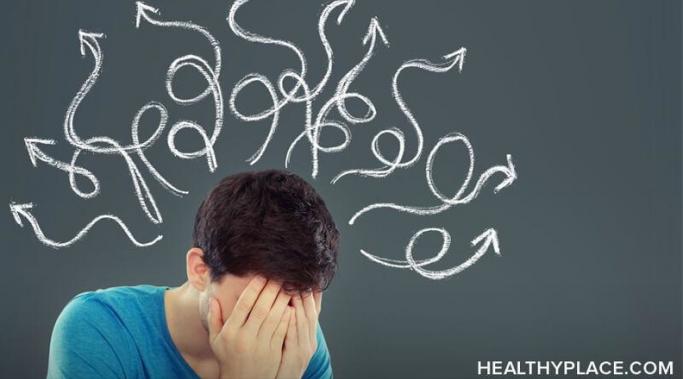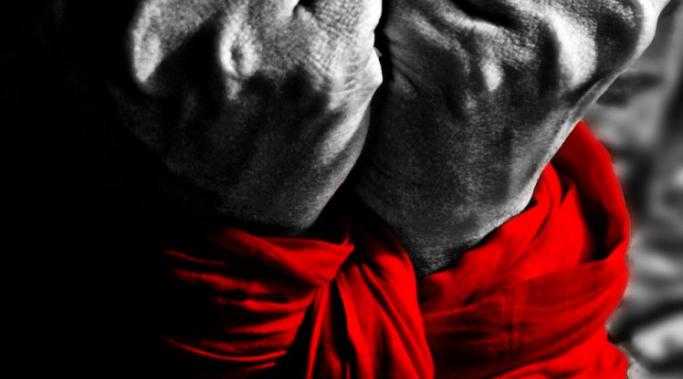Self-Care. Mental health depends on it, but self-care can be something of a confronting word. As if implying I developed a mental illness because I didn't take responsibility for my mental health issues. That may sound like a stretch, but when my therapist says self-care in a tone that says "I can't believe you don't know how take care of yourself!", I feel a little guilty anyway.
Healing Social Anxiety
One of the cardinal cognitive distortions of anxiety:- Thinking everyone else is perfect and has it together 100%. Everyone except you. That everyone else in the nearby vicinity's better than you because, well, it just seems obvious at the time. For the same reasons my self-esteem's been dented along the way to wherever I am now. Thinking like that not only increases the likelihood I'll panic, it increases the amount of pressure I put on myself, and the degree to which I'm then able to recognize what is and isn't anxiety talking.
"It'll go away, it just needs time, then I won't have to worry anymore...
It wasn't a big deal, or if it was it doesn't matter now. It's over. I'm fine, and I have all these anxiety coping skills. What's there to talk about anyway?"
I can't count the number of times I've thought that way about my mental health.
The message of silence is one that trauma survivors, and those with mental illness receive loud and clear, from society and often very directly from those closest to them. Most internalize it so deeply that it's years before they realize it isn't their voice. That it never was. That it doesn't have to be.
Whenever I think I know what I'm doing, that's when I start to worry.
It's this river running inside me: anxiety. Like background noise that's so strong and permanent you don't really hear it anymore. It's just there, the same as the air moves or my heart beats. I stop, sometimes. Knowing something has to change but unsure what, where, who, or how.
If I'm not anxious, what will I be?
How about loved, valued, self-assured.



